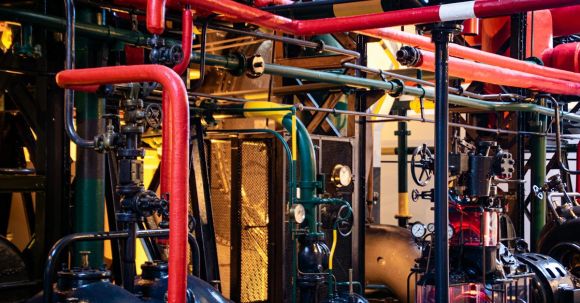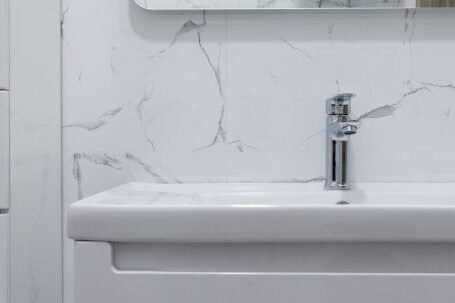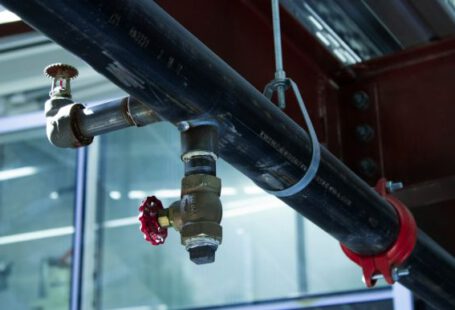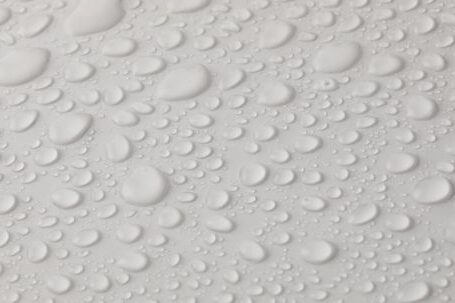Pipes are an integral part of any building’s plumbing system, carrying water and other fluids to various parts of the structure. However, these pipes can also be a source of energy loss and potential damage if not properly insulated. In this article, we will explore the benefits of pipe insulation, including how it can save energy and prevent damage.
Reducing Heat Loss
One of the primary benefits of pipe insulation is its ability to reduce heat loss. Hot water pipes that are not insulated can lose a significant amount of heat as the water travels from the water heater to the faucet. This heat loss not only wastes energy but also results in higher energy bills. By insulating the pipes, the heat loss is minimized, and hot water can reach its destination more efficiently.
Preventing Freezing
In colder climates, pipe insulation is crucial for preventing freezing and potential damage. When water freezes inside a pipe, it expands and can cause the pipe to burst. This can lead to costly repairs and water damage. Insulating pipes in areas prone to freezing, such as basements, crawl spaces, and exterior walls, can help protect against freezing and prevent these issues from occurring.
Condensation Control
In addition to reducing heat loss, pipe insulation can also help control condensation. Cold water pipes can often develop condensation when they come into contact with warmer air in the surrounding environment. This condensation can lead to moisture build-up, which can promote the growth of mold and mildew. By insulating the pipes, the temperature difference is minimized, reducing the likelihood of condensation forming.
Energy Efficiency
Insulating pipes is not only beneficial for reducing heat loss but also for improving overall energy efficiency. When pipes are properly insulated, the water inside them retains its temperature for longer periods. This means less energy is required to heat or cool the water, resulting in lower energy consumption and reduced carbon footprint. Installing pipe insulation is a simple and cost-effective way to make a building more energy-efficient.
Noise Reduction
Another advantage of pipe insulation is its ability to reduce noise levels. Uninsulated pipes can create noise as water flows through them, causing disturbances and annoyance, especially in areas where quiet is necessary. Insulating the pipes helps to dampen these noises, providing a more peaceful and comfortable environment.
Easy Installation and Maintenance
Pipe insulation is relatively easy to install and requires minimal maintenance. The most common type of insulation used for pipes is foam insulation, which comes in pre-formed tubes that can be easily slipped over the pipes. Additionally, pipe insulation is durable and long-lasting, requiring little to no maintenance once installed.
In conclusion,
Pipe insulation is a critical aspect of any building’s plumbing system. It not only saves energy and reduces heat loss but also prevents potential damage from freezing and condensation. Additionally, it improves energy efficiency, reduces noise levels, and is easy to install and maintain. By insulating pipes, you can not only save money on energy bills but also contribute to a more sustainable and comfortable living environment. So, don’t overlook the importance of pipe insulation and the benefits it can bring to your home or building.



